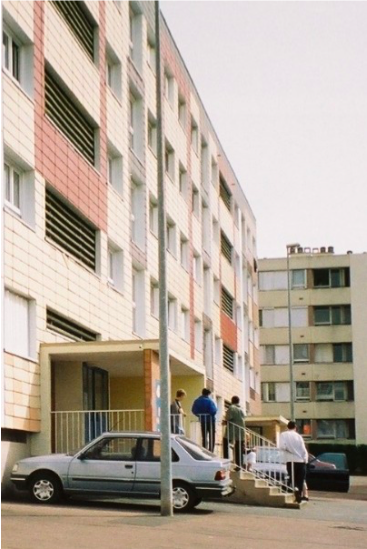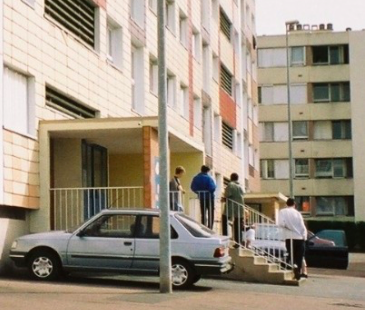
Title:
Toward the ethnification of public policy? Jobs of urban mediators for a ‘new social regulation’
Discipline:
Political science (policy analysis and political sociology)
Summary:
Urban mediation jobs officially aspire to reduce crime and enhance social cohesion. Hired by municipalities, public housing authorities, public transportation companies, and non-profit organizations, they often work with inhabitants of disadvantaged areas and people of foreign descent. Many employees themselves are members of these groups and urban mediation seemingly implements a communal social control, particularly entrusted to members of the very group it targets. As such, social origins and ethnic groups appear to become new criteria for French public policy.
To assess this hypothesis, we took into account approximately fifteen mediation projects, interviewed one hundred people and conducted observations of two main cases. Basing our study on the cognitive analysis of public policy, we examine the social construction of identities in the context of urban mediation projects. Such an inquiry first requires a description of the origins of the concept of ethnic groups and a presentation of the main theories of ethnicity.
A rigorous methodology is all the more necessary in the French context since the law, ethics and the social sciences forbid distinguishing ethnic or racial groups. The historical development of mediators’ jobs is tightly bound to urban policies implemented in low-income areas to confront three main issues: economic exclusion, the integration of immigrants, and the fight against urban violence.
Additionally, a sociological overview of mediators reveals that young men, Black people and Arabs, are over-represented since the teams are made up of 50% to 80% of visible minorities and 20% are women. These particular numbers can be explained by the willingness of recruiters to ensure social proximity between mediators and their audience, to hopefully increase their effectiveness, to support their introduction into the labour market and to improve their employers’ reputations. But, many other professionals worry their prerogatives are threatened and, due to corporatist oppositions, urban mediators inherited a heterogeneous breadth of activities, made up of different tasks their professional « partners » consider boring or dangerous.
Since the fight against insecurity can be understood in several ways and the state increases the number of incentives to hire mediators, many organizations use these jobs as a cheap auxiliary labour force. With this partnership on security, the actors earn an important latitude to manoeuvre while the State maintains its monopoly on sovereign functions. Nonetheless, the development of urban mediation reveals a certain retreat of the administration from social regulation and the Nation State’s loss of influence in modern societies.
